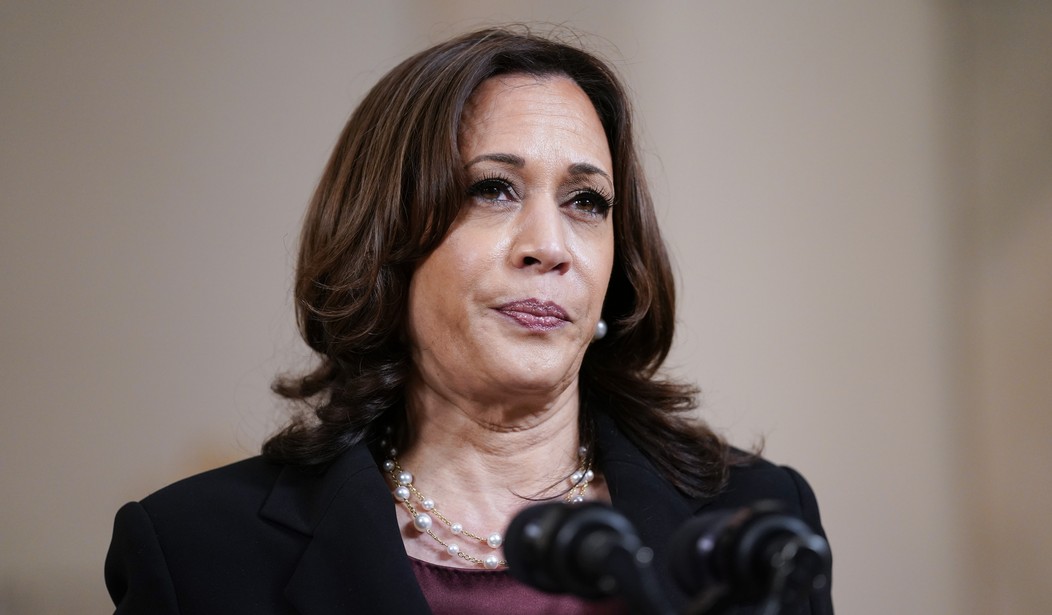What a difference a few months make.
With a change in administrations comes a change in tone. In this instance the new administration’s tone, regardless of the occasion, is invariably worrisome.
At the time of this writing, President Biden and Vice President Harris had their staff pre-schedule unusual Memorial Day Weekend-themed social media posts.
The former’s account bears a picture of POTUS with a young girl and ice cream in tow, tweeting, “Stay cool this weekend, folks”, while the VP’s account features a picture of her with the caption “Enjoy the long weekend.”
Talk about tone deaf and dense.
Recommended
Here’s what Memorial Day Weekend is actually about.
The Origins of Memorial Day Weekend
How did Memorial Day Weekend get its start? Why do we honor our fallen servicemen and women on this day?
According to the U.S. Department of Veteran’s Affairs, Memorial Day was first observed as “Decoration Day'' on May 5th, 1868—about three years after the Civil War concluded. It was first observed on May 30th.
The department explains:
Three years after the Civil War ended, on May 5, 1868, the head of an organization of Union veterans — the Grand Army of the Republic (GAR) — established Decoration Day as a time for the nation to decorate the graves of the war dead with flowers. Maj. Gen. John A. Logan declared that Decoration Day should be observed on May 30. It is believed that date was chosen because flowers would be in bloom all over the country.
The first large observance was held that year at Arlington National Cemetery, across the Potomac River from Washington, D.C.
Previously, the origin of the holiday was hotly debated and even controversial on its face. It wasn’t until 1966, per the department, that President Lyndon B. Johnson and Congress deemed Waterloo, New York, the “birthplace” of this day of remembrance.
In 1971, Memorial Day was declared a national holiday and is now officially observed on the last Monday in May.
Not to Be Confused for Veterans Day
A trap many individuals fall into, smart or otherwise, is confusing Memorial Day for Veterans Day.
Both are patriotic holidays honoring brave members of our Armed Forces, yet the distinction must be made clear.
Memorial Day is a tribute to fallen servicemen and women who paid the ultimate sacrifice with their lives so we Americans could be free.
In contrast, Veterans Day honors the servicemen and women who are still alive and have honorably served our country.
Here’s a brief history on Veterans Day according to Military.com:
Veterans Day, formerly known as Armistice Day, was originally set as a U.S. legal holiday to honor the end of World War I, which officially took place on November 11, 1918. In legislation that was passed in 1938, November 11 was "dedicated to the cause of world peace and to be hereafter celebrated and known as 'Armistice Day.'" As such, this new legal holiday honored World War I veterans.
In 1954, after having been through both World War II and the Korean War, the 83rd U.S. Congress -- at the urging of the veterans service organizations -- amended the Act of 1938 by striking out the word "Armistice" and inserting the word "Veterans." With the approval of this legislation on June 1, 1954, Nov. 11 became a day to honor American veterans of all wars.
Politicians, media members, and regular Americans have all fallen trap to blurring the two holidays. Nevertheless, it’s imperative to educate our peers about the distinction and help correct the record.
More Than Just Discounts, Grilling, and Beach Trips
Our government and American corporations are equally guilty of diluting the meaning behind this somber holiday.
Yes, Memorial Day Weekend is a long three-day weekend marking the unofficial start of summer. (Though here in the Washington, D.C. area, it’s been raining and unseasonably chilly.) Americans grill food, beach trips, and happily take advantage of discounts. We’ve all been accustomed to this for decades and partake in many of these activities.
This holiday, however, is more than just collecting discounts, grilling meat, or heading to the beach. The reason we observe this long holiday is to honor brave members of our Armed Forces who died while protecting this country.
Remember that as you partake in weekend festivities.
If you find yourself in the Washington, D.C., area next time, pay a visit to Arlington National Cemetery. There, you can pay your respects to fallen servicemen and women and educate yourself about the true meaning behind this holiday.
Memorial Day Weekend is more than just a long weekend; it’s our way of honoring countless military men and women who died while bravely serving and protecting our nation.

























